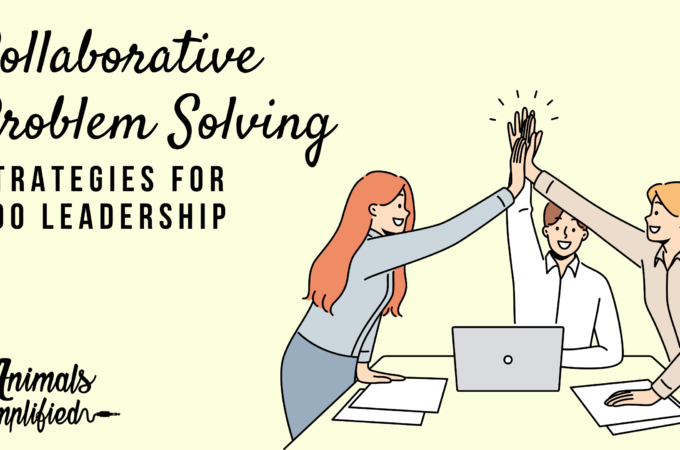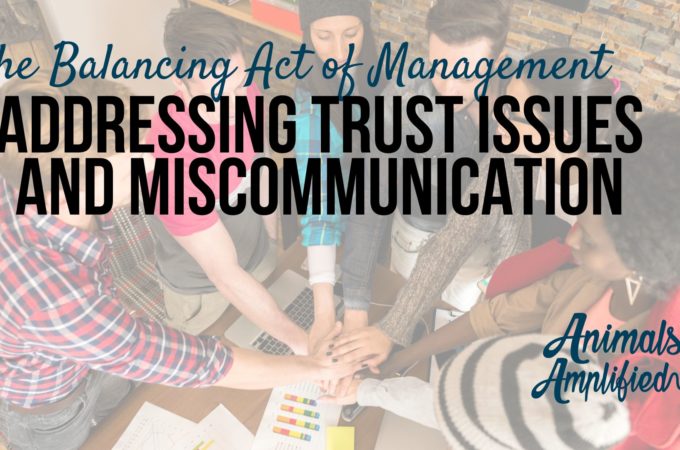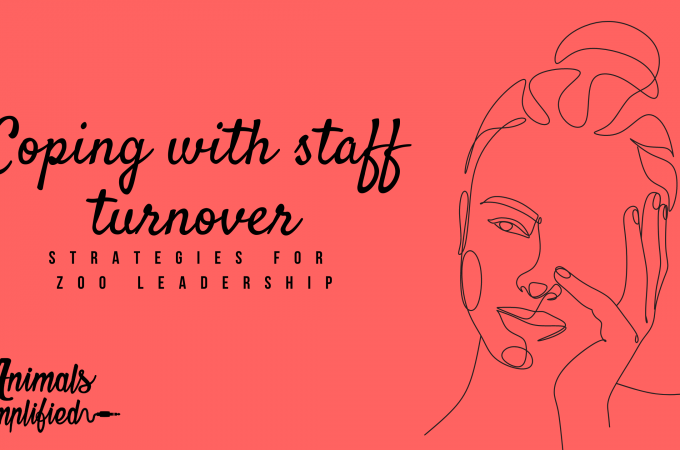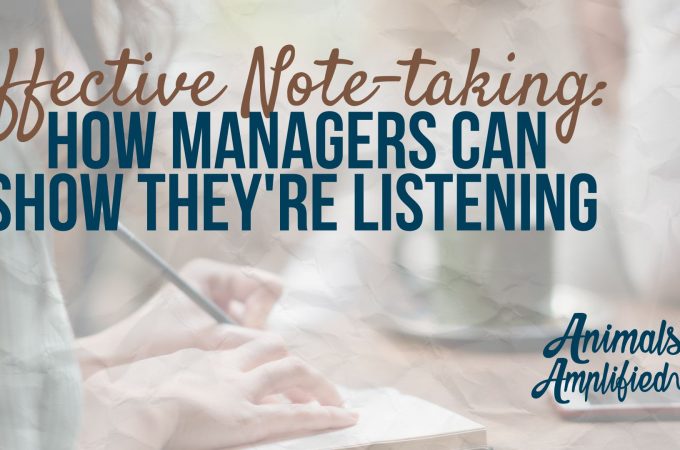
All Doom and No Light
I was taking animals to an event in San Francisco once. The state permitting process wasn’t that big of a challenge, but the local city permits had a lot of questions about the care and treatment of our animals. Some of the questions were honestly offensive and others were uneducated: “Will you provide them with adequate space while traveling?” “Will the animals be allowed to sleep and drink water during the weekend?” I answered all questions, spoke in person with some of the city officials, and eventually we got our permits.
We were working the event with a marketing company that had a team of five people. We spent 12-15 hours/day together and then often went to dinner and drinks together at night. Our team really liked their team and visa versa. On the final day of the event, the challenges with the permit came up in discussion.
“It was likely some misguided PETA supporters who challenged the permits. The questions were ignorant and I find that to be true of most PETA people.” And I kept going. Talking about how they’re destroying my industry, because they think animals are more important than people. How they’ve funded terrorists. How they spend all their money on marketing and advertising and barely help the animals.
About an hour later, I was bottle feeding a kangaroo joey backstage and one of the marketing team members approached me and said, “I just thought you should know, I used to work at PETA.”
“#$%&*!” Went through my head.
“They aren’t bad people. Ingrid Newkirk goes out on the weekends and educates people on why they shouldn’t chain their dogs up. The office has a whole floor full of rescued cats. They do want to see an end to all animals in captivity, but they’re smart about their marketing.” He paused, trying to read my expressions.
“That’s interesting to hear. I know we’re not that different. We all want the best possible lives for animals, I think we just disagree on how the best way to go about that is. I’m sorry if I said anything hurtful before and I hope you leave this event with a greater understanding of the level of commitment and care that goes into what I do.”
We talked for about an hour, he asked tons of questions, and left with a less extreme stance and a broader understanding of the other side of the argument. The conversation was only possible because we’d spent the weekend getting to know and like each other. While my initial statements were pretty doomsday, when he and I were able to talk one on one, respectfully we covered a lot of ground. I still think the days leading up to my initial outbursts were vital to him going into the conversation with an open mind. We genuinely liked each other, were in positive and excited moods all weekend and he LOVED the joeys.
People are a lot like animals, they move towards things they like and away from things they don’t. This means our messaging can’t be all doom and no light.
“Hey, come spend $100 to come to our facility so we can tell you how much humans suck and make you feel bad for drinking water out of that plastic water bottle.” This sort of messaging doesn’t work.
In fact, there’s an increasing amount of evidence that suggests positive affect is important in behavior change and cognitive flexibility. One study elicited positive affect by giving participants chocolate before a problem solving challenge. Those that received chocolate did better on the challenge. While it might not be practical to start mailing chocolate to every person who disagrees with you, it’s important to realize you catch more bees with honey.
Then of course there’s the backfire effect. If you’ve watched Adam Ruins Everything you may have learned about this already. Basically, when you present someone with facts that prove they are wrong, they experience pain and to avoid that pain they enter a flight or fight mode and often double down on their beliefs.
Then you have confirmation bias which actually causes you to seek out, acknowledge, and listen to only that information that confirms your previous beliefs or opinions. Ever worked with or for someone and had to figure out how to make a change their idea in order to get it done?
All of these things make it quite challenging to change someone’s mind about anything. Maybe you want someone to train in a different way or to recognize they’re stirring up trouble on your team. Or maybe it’s a guest that you’d like to inspire that recycling really does matter. Regardless, you have to create a positive environment and slow turn the ship.
Here’s some steps to get the job done.
- Ensure the topic is interesting or important to the person. Tell them what’s in it for them, captivate them with a training session, enrichment demonstration, or ambassador appearance.
- They need to feel positive in that moment. Smile, be nice, be relatable, carry chocolate in your pocket.
- Know where they’re at. Check out our post on the conservation funnel. It’s important to know where the person is at in their beliefs, thoughts, opinions, and knowledge. Is this the first time they’ve ever even seen a tiger?
- Recognize not everyone moves at the same pace. Don’t push harder than they’re willing to go. Find out what change they’re able to make in that moment. Maybe it would be use a reusable bag once/week or maybe they’re ready to go completely green.
- Ask them questions. Make them the hero of the story and invite them to save the world with you.





